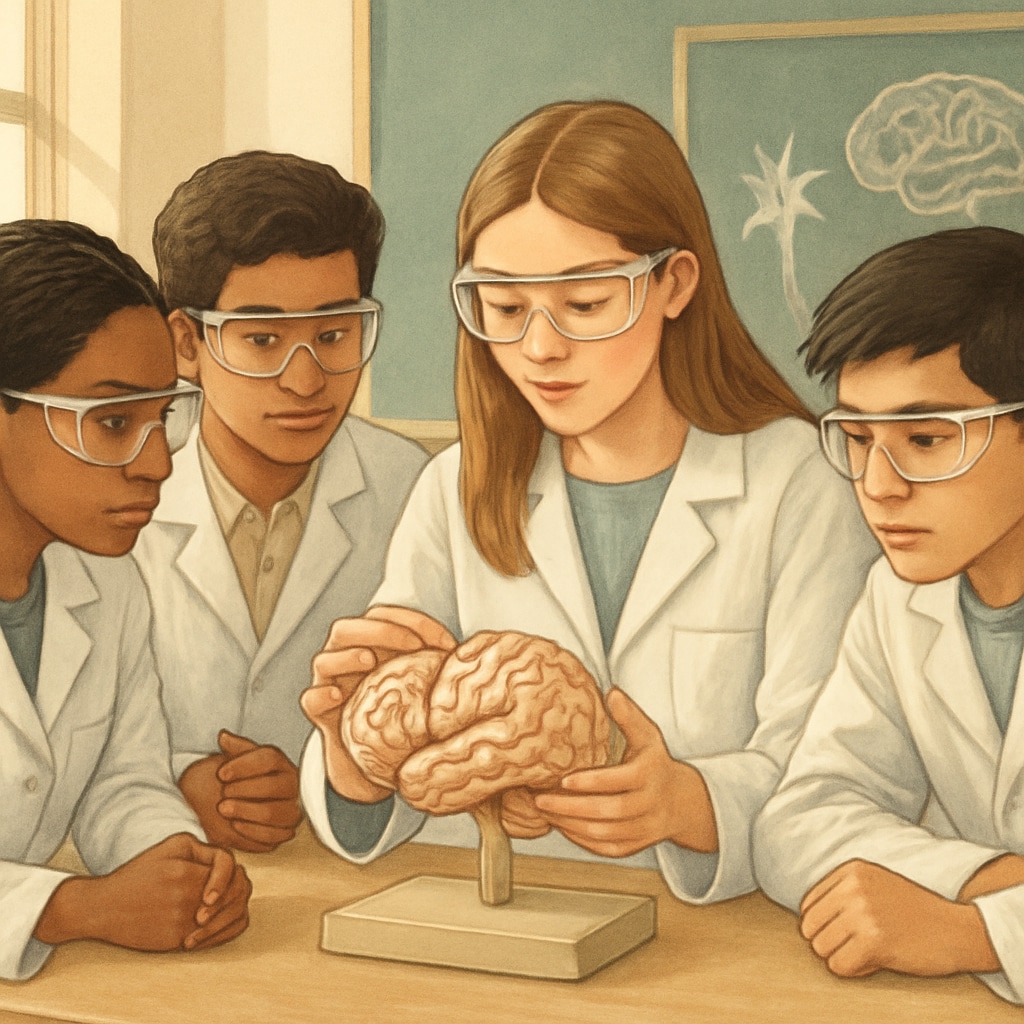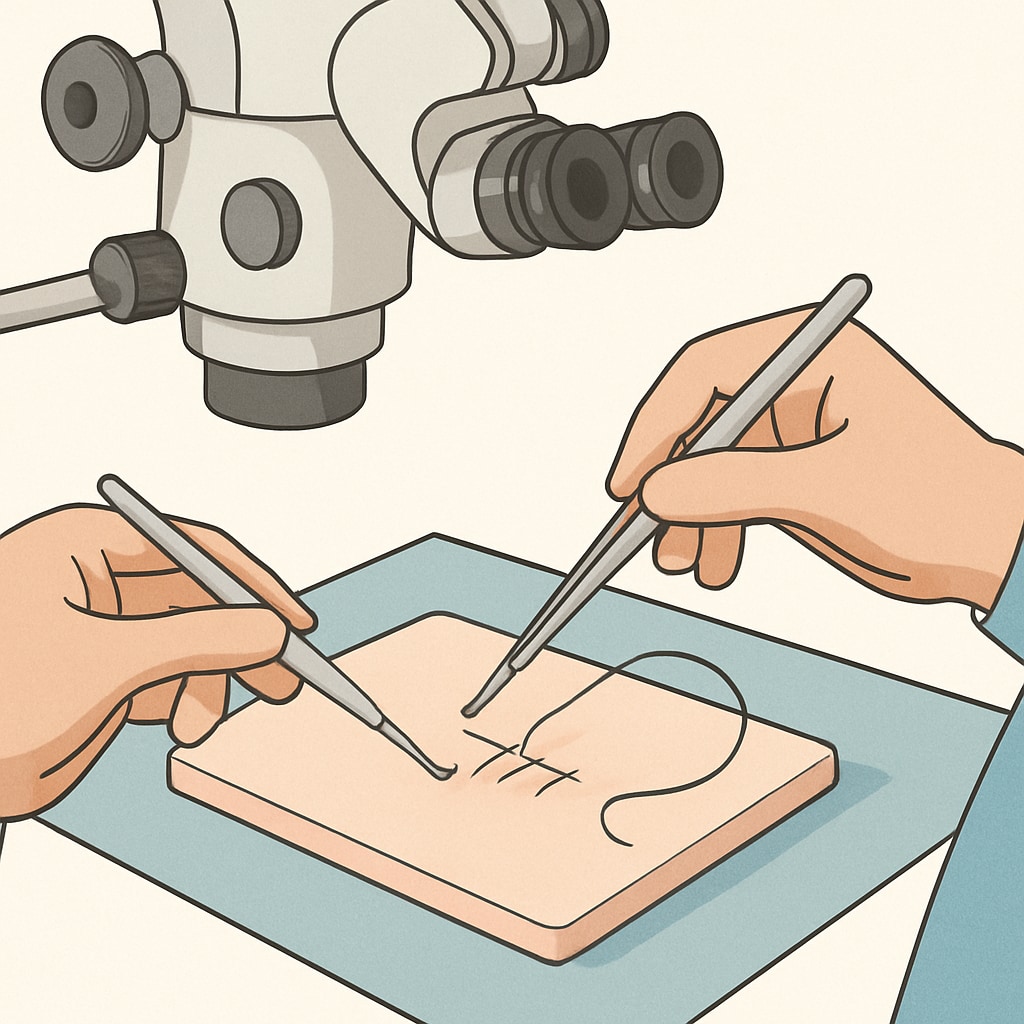For students demonstrating exceptional academic performance, supplemental learning becomes crucial when pursuing ambitious careers like neurosurgery. This demanding field requires not just high grades, but specialized knowledge, technical skills, and emotional resilience developed through deliberate preparation.
Strategic Academic Enrichment Beyond Standard Curriculum
High-achieving students should focus on three core areas:
- Advanced STEM coursework: Seek out AP/IB courses in biology, chemistry, physics, and calculus. Many universities offer Advanced Placement programs that provide college-level rigor.
- Specialized electives: Neuroscience, anatomy, or medical technology courses provide foundational knowledge. Some schools partner with local colleges for dual enrollment.
- Independent research: Conduct supervised projects on topics like neural pathways or surgical robotics. Document findings in research portfolios.

Building Practical Experience in Medical Environments
Early exposure to clinical settings provides invaluable perspective:
- Volunteer at hospitals or rehabilitation centers to observe healthcare workflows
- Shadow neurosurgeons through formal programs like those offered by AANS
- Participate in surgical simulations at university outreach programs
- Develop manual dexterity through activities like microsuturing workshops
These experiences help students verify their career interest while developing essential skills. For instance, maintaining steady hands during lengthy procedures requires both physical and mental conditioning.
Cognitive and Psychological Preparation
Neurosurgery demands extraordinary stamina and decision-making capabilities. Students should:
- Practice stress management techniques like mindfulness meditation
- Develop crisis composure through emergency response training
- Enhance spatial reasoning with 3D modeling and virtual dissection tools
- Build endurance for prolonged focus through activities like chess tournaments

Key takeaway: Academic excellence provides the foundation, but becoming a neurosurgeon requires multidimensional preparation. By combining rigorous coursework with hands-on medical exposure and psychological conditioning, students can build competitive profiles for medical school admissions.


